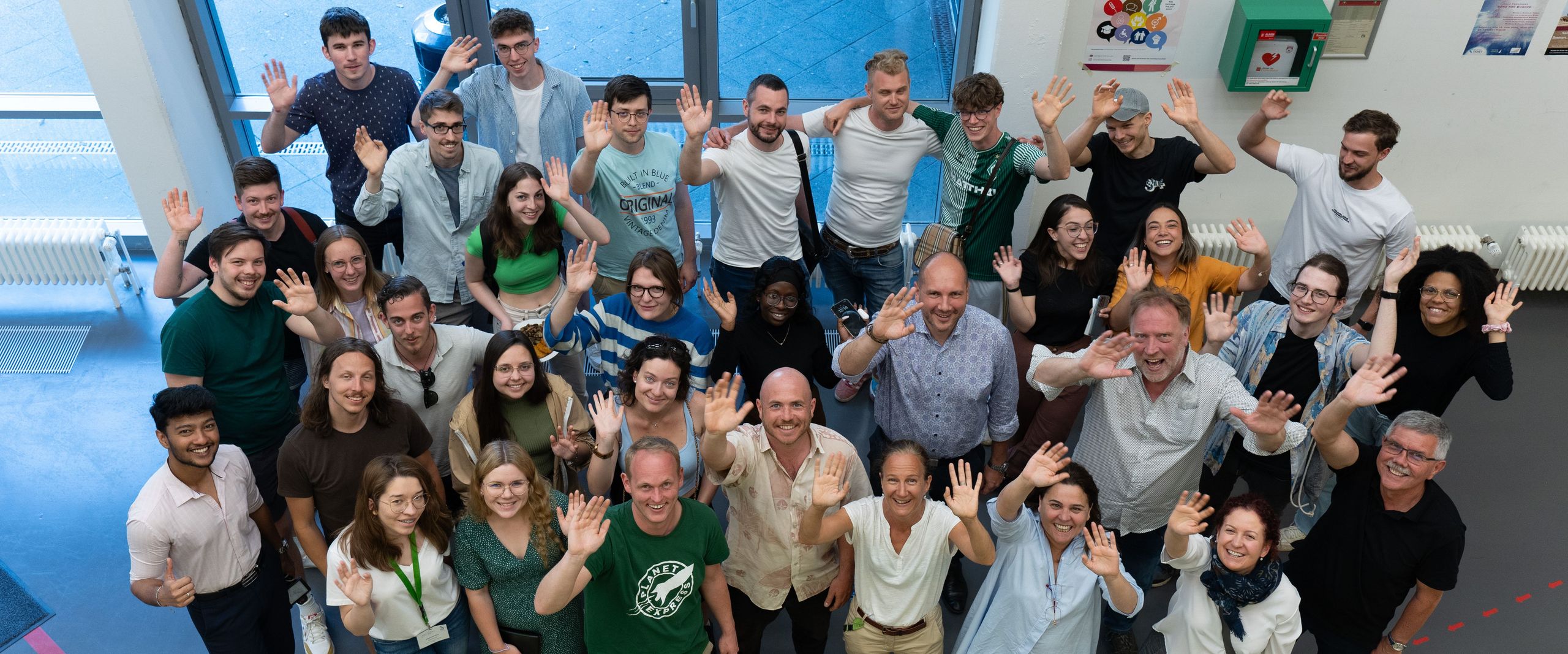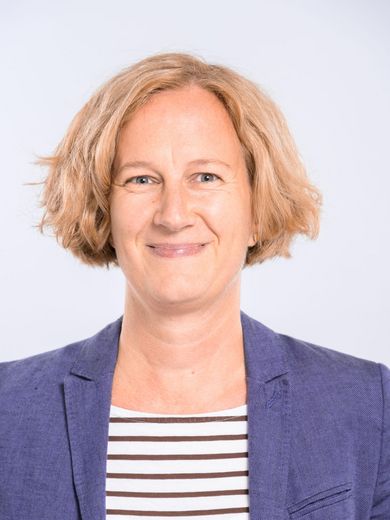
Six European partners recently visited Hochschule Bremen (HSB) as part of the STARS EU university alliance (Strategic Alliance for Regional Transition European University). In the Blended Intensive Programme (BIP) ‘Circular Bioeconomy’, almost 30 students worked together in six international teams on circular bioeconomy.
STARS EU offers students and lecturers numerous opportunities for scientific, methodological and intercultural exchange and ran the ‘Circular Bioeconomy’ BIP for the third time this summer semester. The international teaching module was organised this year together with the partner universities Hanze Hogeschool Groningen (Netherlands), the Technical University of Krakow (Poland), the Instituto Polytecnico de Braganca (Portugal), the Silesian University of Opava (Czech Republic) and the Université de Franche Comté in cooperation with RUDOLOGIA (France).
The international teaching module consists of three phases: After the technical introduction with online lectures on circular bioeconomy topics at the respective universities, all participating students met during the face-to-face phase at HSB. In Bremen, the focus was on real case studies on the circular bioeconomy, which were proposed by companies or applied research projects and address the United Nations Sustainable Development Goals (SDGs). The projects were developed in interdisciplinary groups and in a co-creation environment and supported by moderators from the STARS EU partner universities. In a final pitch, a jury of experts evaluated the designs.
Back at their home universities, the teams continued working on their projects online in the third final phase and presented the results to all participants.
One of the six student teams led by Prof Dr Anja Noke, Professor of Environmental Biotechnology at HSB, and Luca Gerdes, research assistant in the UrbanAqua project at HSB, focused on process water treatment with microalgae in their project work. Students from four STARS EU partner universities jointly developed a concept for the elimination of high nitrogen and phosphorus loads in a photobioreactor plant.
‘The BIP was a wonderful opportunity to get to know learning and working in the context of other cultures,’ says Prof Dr Anja Noke. In addition to the intensive interdisciplinary group work, the guests from six European countries got to know the Hanseatic city better during the varied accompanying programme with excursions and a pub crawl. ‘The mobility week was a great opportunity for everyone involved to network with students and lecturers from other European countries and was great fun for everyone,’ says Prof Dr Anja Noke.

Prof. Dr.-Ing. Anja Noke
Environmental Biotechnology
+49 421 5905 4268
Email